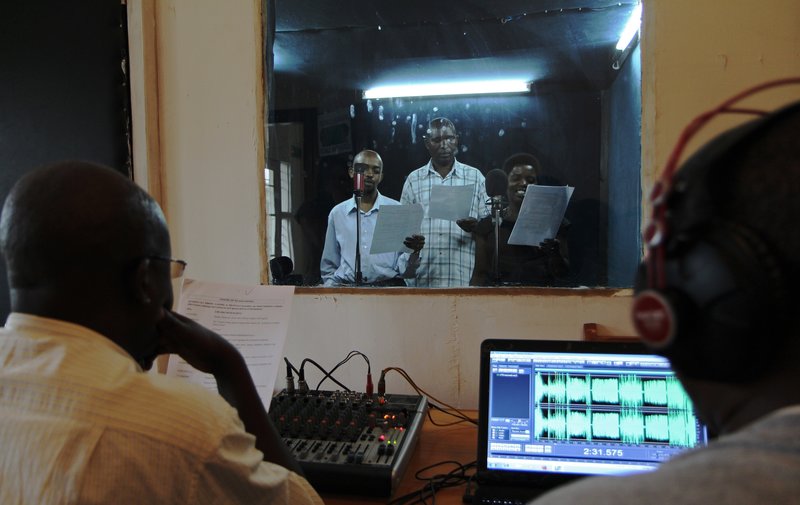
First thoughts
February 5, 2020We are happy to announce the launching of the MediaRefugees project! This is our first blog post about MediaRefugees, a research project on how media content about immigration and asylum issues affects intergroup relationships between the general population [in our case, Greeks (the in-group)] and immigrants, refugees and asylum seekers (the out-group).
In this blog, we will be communicating what is going on in the MediaRefugee project. We believe that this is an open way to actively share thoughts and experiences on the research process, findings, learning outcomes as well as the ups and downs that might occur during this procedure.
But before anything else, let’s pop an important question – why choose to do research on media impact on attitudes towards immigration?
Well, the answer should be profound. Immigration has been one of the main issues that shape political discourse in Greece and in Europe and raise the most questions about social cohesion and the fundamental values of our contemporary societies.
On-going conflicts and crises in different parts of the world have forced thousands of people to undertake dangerous routes or jump on a boat in order to reach European territory.
In Greece, more than 800.000 people crossed, in 2015, the Aegean Sea from Turkey to the Greek islands (UNHCR, 2015), during one of the worst humanitarian challenges in recent history.
This was the largest, but by no means the first, immigrant and refugee influx into Greece. Especially over the last decade, Greece, lying at the crossroads of three continents (Europe, Asia and Africa) and struggling with longstanding poor migration policies and the absence of a functioning asylum system, became the major gateway into the European Union for immigrants and asylum seekers. As a result, already since 2010, immigration has been among the most controversial topics on the Greek policy agenda.
It is widely accepted that, during the following years, intergroup relations between the host society and immigrants as well as immigrant and refugee integration will gain prominence as one of the most highly discussed topics in Greek and European public discourse.
Media representations of immigrants and refugees play a significant role in how immigration is presented in the public discourse as well as in how people perceive and respond to this controversial issue. Along with peers, family and co-workers, mass media act as key socializing agents in shaping individuals attitudes, perceptions and behaviors. In fact, for many people, mass media are the only ‘window’ to groups with which they have either superficial or non-existent relationships, such as minorities or immigrants. Thus, understanding of how news media shape public perceptions and attitudes towards immigrants and refugees is essential.
That being said, no other study, in Greece, has researched the effects of media representations of immigration on intergroup perceptions and attitudes between Greeks and immigrants. Similarly, no other study in Greece has explored the impact of news media content on immigrants themselves, on their perceptions of self- and collective identity and towards the Greek people and, consequently, on their sense of belonging into the Greek society and on the process of their integration.
Our MediaRefugees project seeks to fill these gaps in three different but interrelated research steps.
First, we study and analyze up-to-date media representations of immigration, through a daily monitoring and content analysis procedure of selected media. Second, we explore how exposure of the general population (the in-group) to news about immigration and the refugee crisis affects beliefs (prejudices), attitudes (stereotypes), emotions (fear, anger, guilt, compassion, among others) and intention of (discriminatory) behavior towards refugees and immigrants. Third, we examine how immigrants and refugees (the out-group) perceive media content about immigration and the refugee crisis and how these representations affect their sense of belonging or being accepted by the Greek society and, eventually, their ability to integrate into it.
Last but not least, we are more than happy with the fact that our research team, consisting of two researchers (Naya and Christina) and two faculty members (Antonis and Christos), all specialized in different topics, make the project also interdisciplinary in nature: a combination of social psychology, journalism and the mass media, international relations and political science, employed jointly to create a transdisciplinary understanding of media representations of immigration and their effects on intergroup relations between Greeks and immigrants.
By following this blog, we believe you become an active agent of the research process of the MediaRefugee project. So, stay tuned!
Antonis, Christos, Naya & Christina
February 3, 2020
Naya Kalfeli
Related posts





